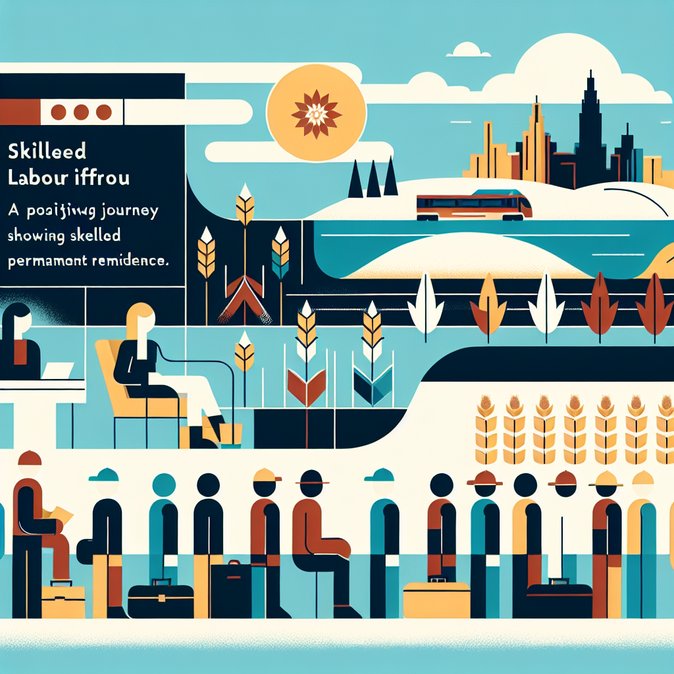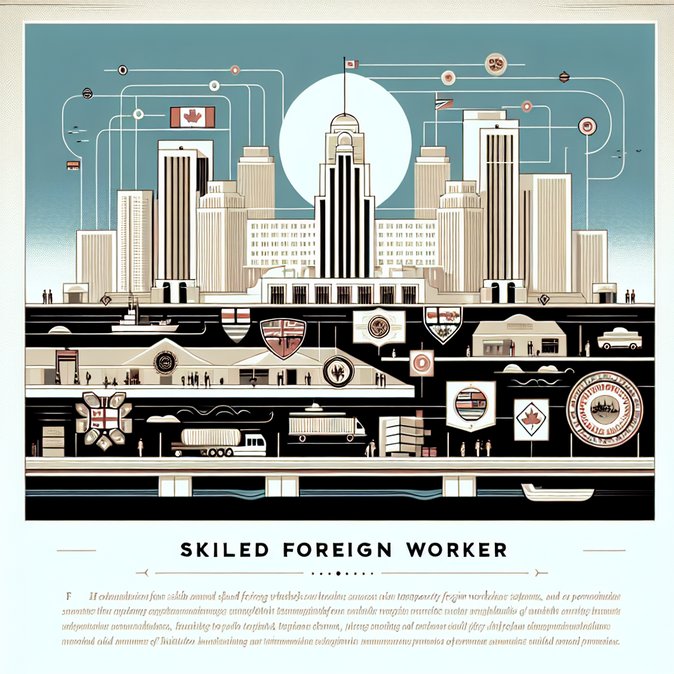
On 2 November 2025 Manitoba released details of its newest Provincial Nominee Program (MPNP) invitation round and, for the first time this year, every invitation went to candidates already holding a Manitoba work permit. Twenty-nine skilled workers were invited under the Skilled Worker in Manitoba and Skilled Worker Overseas categories, but 19 of those invitations were issued through the Temporary Public Policy that lets qualified provincial-nominee candidates obtain a facilitated open work permit.
The move shows how provinces are tightening selection to keep foreign talent that is already contributing to local employers. Manitoba’s strategic-recruitment draws allow employers, regional towns and francophone or ethnocultural communities to endorse workers whose skills match proven shortages. Invited candidates will now have 60 days to submit complete nomination applications; if approved they can then file for permanent residence with Immigration, Refugees and Citizenship Canada (IRCC).
![Manitoba prioritises in-province talent in latest PNP draw]()
For multinational employers the message is clear: workers who have transitioned from temporary status to employer-specific or open work permits in Manitoba now enjoy a distinct edge. HR teams should ensure existing permit-holders update language tests and maintain accurate information in their MPNP Expression of Interest profiles so they are eligible for future draws.
Practically, companies should also review onboarding timelines. MPNP nominations can reduce permanent-residence processing to roughly six months, allowing enterprises to convert valued foreign staff from temporary to permanent status before work-permit renewals become an issue. That helps mitigate compliance risk under new federal targets to curb Canada’s temporary-resident population.
Finally, the draw underscores a larger trend: provinces are using their nominee allocations to favour workers who are economically established and already living in Canada. Employers who recruit talent offshore will need to combine LMIA strategies with pathways that include in-Canada work-experience components if they wish to remain competitive.
The move shows how provinces are tightening selection to keep foreign talent that is already contributing to local employers. Manitoba’s strategic-recruitment draws allow employers, regional towns and francophone or ethnocultural communities to endorse workers whose skills match proven shortages. Invited candidates will now have 60 days to submit complete nomination applications; if approved they can then file for permanent residence with Immigration, Refugees and Citizenship Canada (IRCC).

For multinational employers the message is clear: workers who have transitioned from temporary status to employer-specific or open work permits in Manitoba now enjoy a distinct edge. HR teams should ensure existing permit-holders update language tests and maintain accurate information in their MPNP Expression of Interest profiles so they are eligible for future draws.
Practically, companies should also review onboarding timelines. MPNP nominations can reduce permanent-residence processing to roughly six months, allowing enterprises to convert valued foreign staff from temporary to permanent status before work-permit renewals become an issue. That helps mitigate compliance risk under new federal targets to curb Canada’s temporary-resident population.
Finally, the draw underscores a larger trend: provinces are using their nominee allocations to favour workers who are economically established and already living in Canada. Employers who recruit talent offshore will need to combine LMIA strategies with pathways that include in-Canada work-experience components if they wish to remain competitive.








